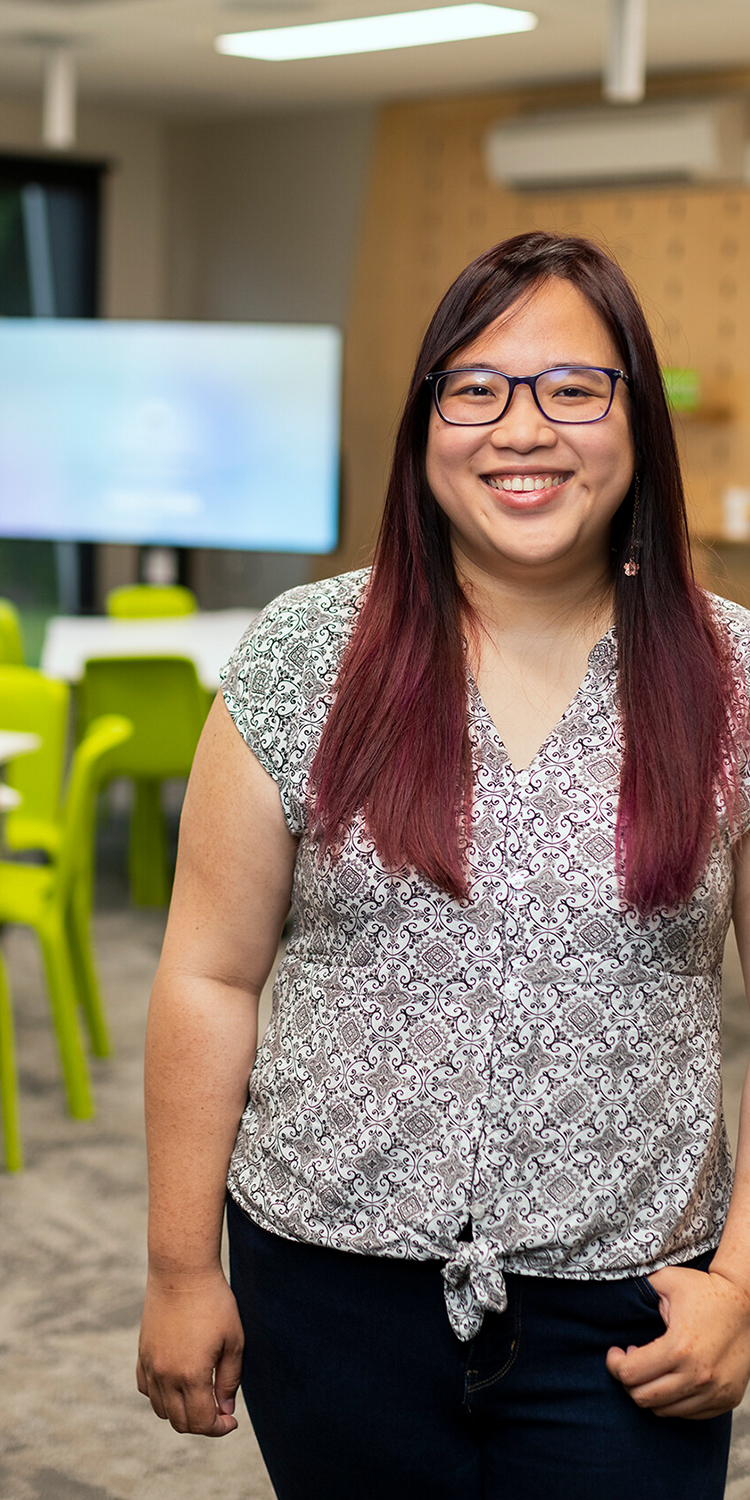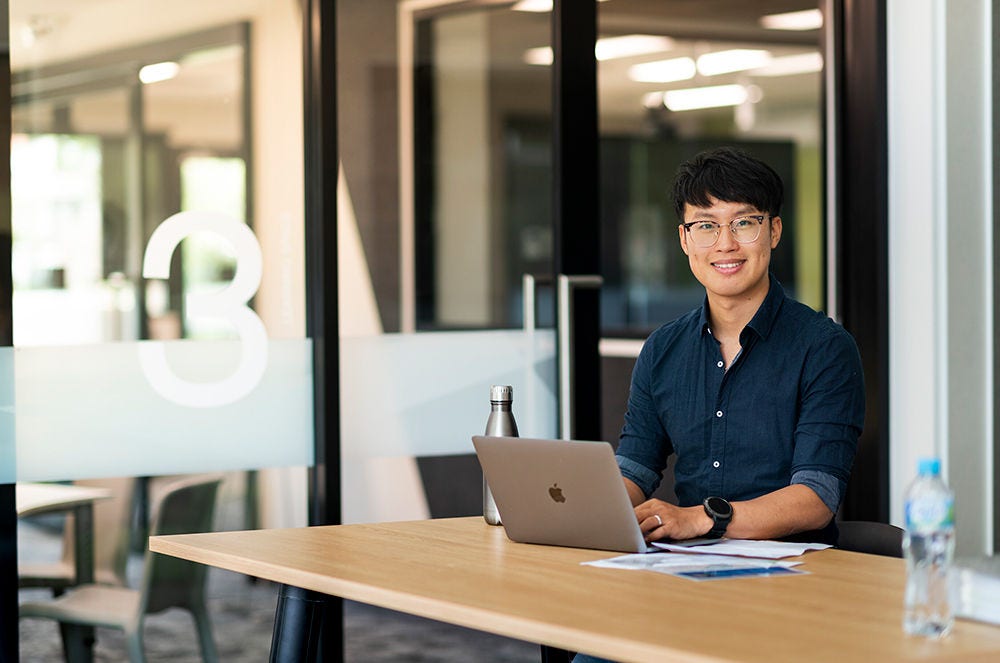What you'll learn
The Bachelor of Teaching (Early Childhood Education) prepares you to become a nurturing and effective early years educator, ready to provide exceptional teaching experiences to children from birth to 5 years.
Over the three-year program, you’ll build skills that go beyond traditional teaching – ensuring you’re adaptable to the evolving demands of modern education. You’ll gain a comprehensive understanding of childhood growth and development. Develop leadership and advocacy skills, learning to support children and families in diverse and challenging circumstances. Explore the histories and philosophies of early education, investigating both contemporary and alternative approaches. Learn effective methods for teaching and promoting early literacy and numeracy.
In your first year, you’ll learn to plan, implement and document play-based learning activities. Explore how language works, how it develops and how children use it. In the second half of the year, you’ll complete your first 10 days of professional work placement in a real-world setting.
Your second year focuses on teaching early literacy, engaging young learners, and establishing social harmony and respect in the classroom. Learn to create inclusive classrooms that support children of all abilities and backgrounds and explore First Nations perspectives to inform culturally responsive teaching. You’ll also discover how to nurture children’s creative expression through music, dance, drama and visual arts. This year includes a 35-day preschool placement to expand and consolidate your skills.
In your final year, you’ll develop strategies for teaching reading and mathematical concepts. Learn how to teach science, technology, languages and humanities in ways that help children understand and engage with their world. After completing your coursework, you’ll undertake another flexible 35-day placement working with children from birth to 5 years of age.
Please note, a Working With Children Check (police check) is required for all students to undertake placements and to graduate.
Majors
The Bachelor of Teaching is also available with majors in the following:










